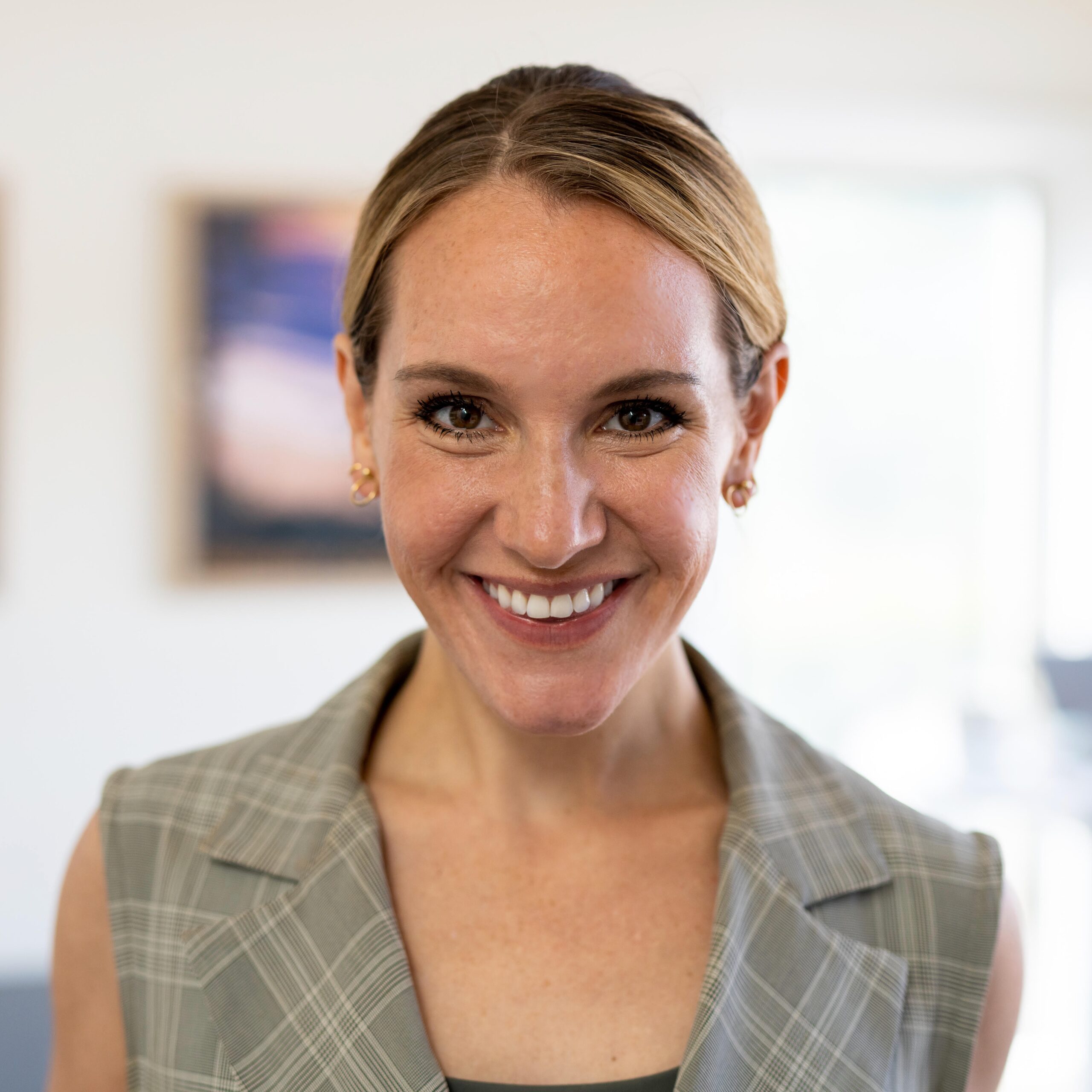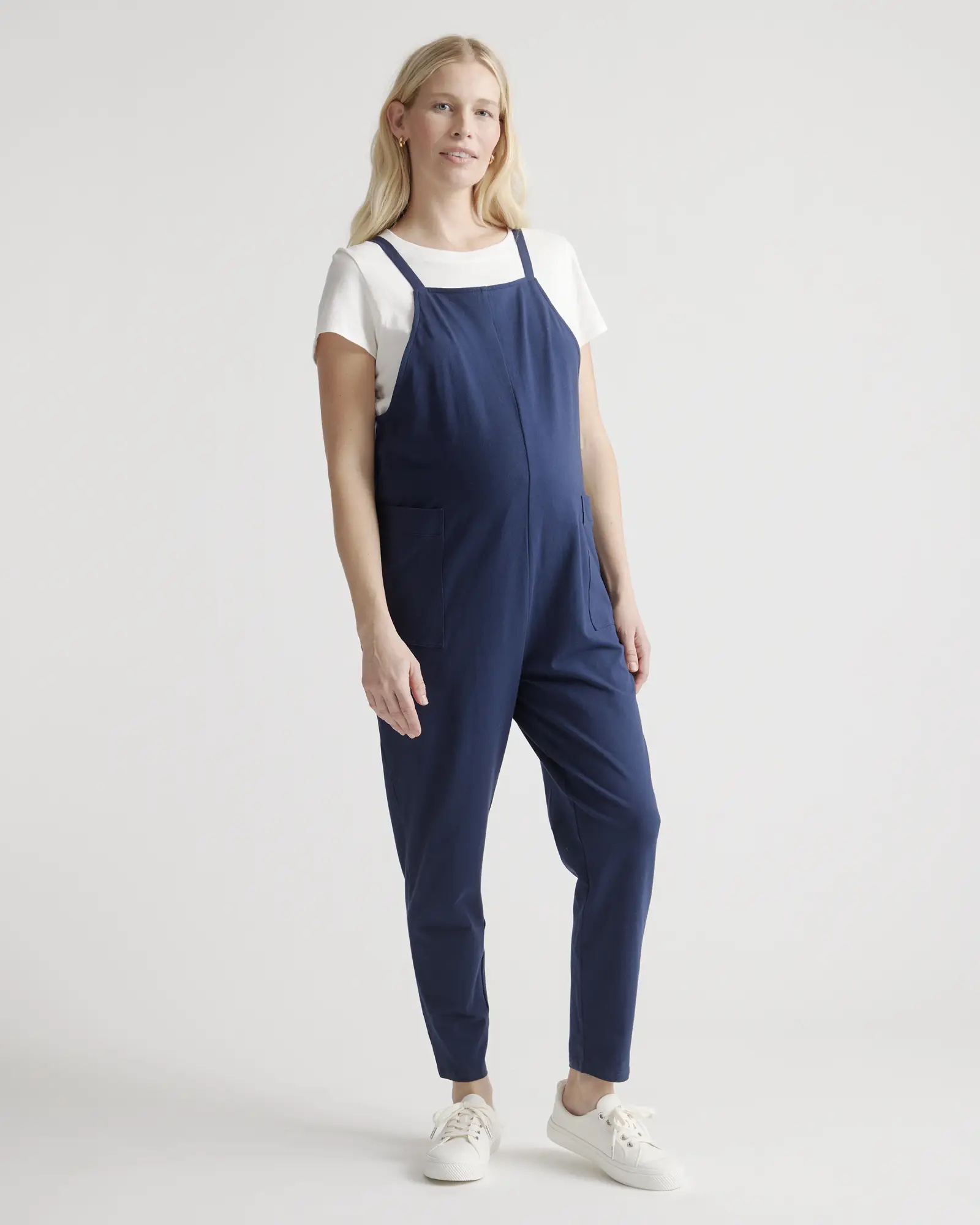
Common Misconceptions About Breastfeeding, According To A Lactation Consultant
“I’m going to exclusively breastfeed for her first year,” was my immediate response anytime someone inquired about our feeding plans when I was pregnant with our first child. I assumed that, since breastfeeding is natural, it would just come naturally.
Eager to return home after giving birth, we left the hospital before the lactation team even had a chance to visit us. Our daughter’s initial nursing sessions had gone well, and I naively thought those first feeds were accurate indicators of how our breastfeeding journey would go. I was wrong.
Just three months later, I was tearfully making the decision to switch entirely to formula and trying to make sense of why it felt so impossible to simply feed my baby the way people have fed their babies since the dawn of time. Despite multiple trips to lactation specialists and virtual consultations, my supply seemed to be insufficient for my growing girl. I had hoped only to use formula as a supplement, but once she got a taste for the ease of bottles, my daughter refused the breast altogether. I hoped I could pump regularly to continue giving her breastmilk, but by that point, I would only get a spoonful of milk per pump session and finally gave up.
“I assumed that, since breastfeeding is natural, it would just come naturally.”
In hindsight, I sometimes wonder if my supply was truly low or if all my stress and anxiety about it caused it to dip.
Chrisie Rosenthal, an author and International Board of Lactation Consultant Examiner (IBCLC) with The Lactation Network, says that low milk supply is the most common misconception she sees.
“Most parents I support believe they have low supply, when in fact their supply is strong,” she says. “They are also concerned that they should be producing more milk during their pump sessions. I think social media is partially to blame. As with all social media, people curate posts and they may choose to post a particularly productive pump session, or they may have oversupply, leading other parents to believe large volumes are typical.”
Rosenthal explains that my struggles in the early weeks were also completely normal. Though I had felt like a failure for not manifesting the perpetually peaceful newborn nursing sessions that I envisioned, she confirms that “most parents report that the first six weeks are the hardest.”
“Parents and baby are both learning how to feed, and typically everyone is exhausted,” she says. “In my experience, parents will say that they feel comfortable with feeding and have settled into a nice routine, somewhere between six weeks and three months.”
On top of feeding challenges, our daughter was a pretty fussy baby in the early months. I kept wondering if there was something I was eating that was upsetting her stomach, and nearly everyone I talked to asked if I had cut out dairy.
“The biggest misconception that I had about breastfeeding was presuming that how it started is how it would end up.”
“Cutting out dairy is very common advice,” says Rosenthal. “But there can be lots of reasons why a baby is gassy and fussy. One reason is because the GI tract is not fully developed in a newborn. They also experience several growth spurts in the first few weeks, and gassy/fussy babies are very common in growth spurts.” She suggests talking to your pediatrician first if you suspect your baby has a dairy allergy.
When I gave birth to our second, I was cautiously optimistic about attempting to breastfeed again. This time, I made sure we met the lactation specialists at the hospital and I eagerly soaked up all of their tips and tricks. Things were going well, but our daughter struggled to gain weight in the first week, so our pediatrician recommended that we supplement with a bit of formula. Since supplementing marked the beginning of the end of our first breastfeeding experience, I was devastated at this suggestion. When we got home, I pumped between breastfeeding sessions to give her the extra milk she needed. Within a couple of weeks, she was right back on track for weight gain. She’s now over five months old, and after lots of practice, breastfeeding finally feels as natural as I assumed it would before becoming a mom.
“Breastfeeding is often easier for parents who have breastfed before,” Rosenthal says. “Studies show us that parents produce significantly more milk with each subsequent baby. If milk supply was a struggle the first time, we’re more likely to have more milk and less stress around supply with baby number two, and beyond.”
The biggest misconception that I had about breastfeeding was presuming that how it started is how it would end up.
With my first baby, I was overly confident. A strong start made me think I had it all figured out, only to have things fall apart later. With my second, just one week in, I feared that our breastfeeding would come to a premature end, yet here we are five months later and going strong.
“Some parents have a very easy time breastfeeding their babies. And for others it may be easy to start, but they might experience complications farther down the road. Breastfeeding continues to change as the baby gets older.” Rosenthal explains.
“I’m grateful we had formula when my brain, body, and baby needed it, and I’m thankful to have had a second chance at breastfeeding.”
“Generally speaking, breastfeeding usually gets easier. But babies (and parents) encounter new challenges as they get older, and parents continue to have questions at each stage.”
Because breastfeeding has been an overwhelmingly positive experience the second time, I sometimes feel a twinge of grief when I reflect on what I missed with my first baby. But then I look at my vibrantly thriving three-year-old, and the grief gives way to gratitude. I’m grateful we had formula when my brain, body, and baby needed it, and I’m thankful to have had a second chance at breastfeeding.
The support of other moms was crucial in helping me shed the guilt of using formula, and the support of lactation specialists (and other moms—again!) has been a game changer for meeting my breastfeeding goals this time. No matter how our babies are fed, it really does take a village to support parents through the whole process.
Ellie Hughes spent several years as a sustainable fashion blogger and leading the marketing for brands aiming to operate with ethics and the environment as their priority. She is now a freelance writer and marketing consultant living in Portland with her husband, two young daughters, and corgi.




